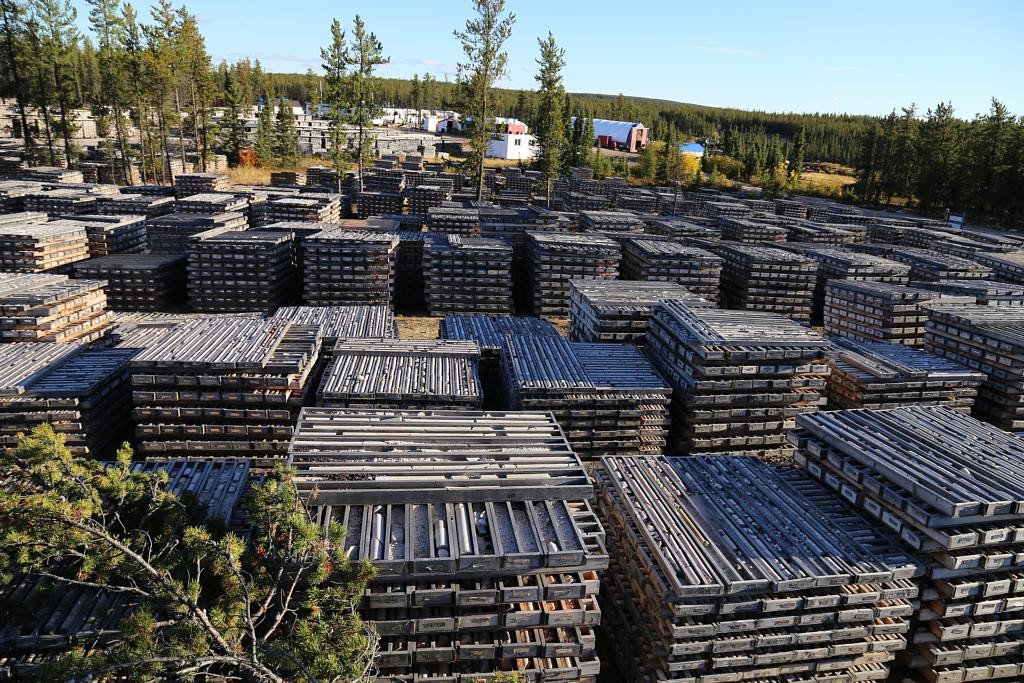Denison gets green light for ISR uranium test

Denison Mines Corp. [DML-TSX] said Tuesday it has been given the green light by the Province of Saskatchewan to prepare, construct and operate the facilities required to carry out the in-situ recovery (ISR) feasibility field test planned for its Wheel River uranium project.
Targeted for initial production in the second half of this decade, the Pheonix deposit on the Wheeler River property is expected to rank as potentially one of the lowest-cost uranium mines in the world.
“The feasibility field test (FFT) represents a first-of-its kind test of a uranium mining method that is new to Canada,” said Denison President and CEO David Cates.
Denison shares were virtually unchanged on the news, easing 1.15% or $0.015 to $1.28 on volume of 378,540. The shares are currently trading in a 52-week range of $2.64 and $1.17.
Denison sees itself as a developer of the next phase of uranium assets that are likely to enter the market in the second half of the decade when the price of nuclear reactor fuel could be much higher. Other companies that fit into that category are NexGen Energy Ltd. [NXE-TSX, NYSE] Fission Uranium Corp. [FCU-TSX; FCUUF-OTCQX; 2FU-FSE].
What sets Denison apart from its competitors is uranium extraction plan.
A NI 43-101 compliant pre-feasibility completed for Wheeler River in September, 2018, included the selection of the in-situ recovery mining method for the development of the Pheonix deposit, with an estimated average operating cost of US$3.33 per pound of U308. All-in costs are forecast to be US$8.90 a pound.
In-situ recovery involves processing the uranium while it is still in the ground through the injection of catalyzing agents into the ore.
In-situ-recovery is only possible in porous geological formations (like sandstone) which are amenable to such a technique. On average, the capital spend needed to put an ISR uranium project into production is less than 15% of the cost to build a conventional hard-rock uranium mine.
Aside from the production cost, ISR leaves a much smaller environmental footprint because it does not require the construction of a tailings impoundment facility. Denison is aiming to be the first company to deploy the ISR method at a uranium project in Canada.
On Tuesday the company said the Canadian Nuclear Safety Commission has determined that a Nuclear Substance License is also required for Denison to possess and store a nuclear substance (mineralized solution containing uranium) resulting from the operation of the FFT.
“The process to obtain this license is well advanced, and the license is expected to be received before the site preparation and commissioning activities are completed,” the company said.
